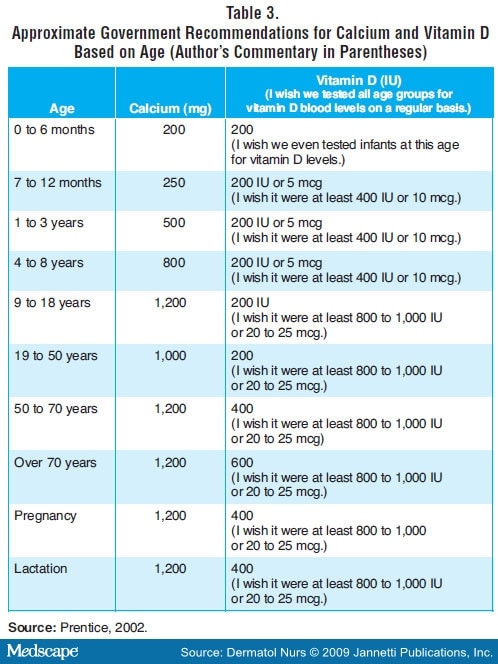
When melatonin is administered to humans in clinical trials, it induces sleep sooner and produces better sleep patterns compared to placebo. During normal aging, calcification of the pineal tissue is thought to cause the decline in melatonin synthesis.Ī number of studies show that melatonin deficiency may be an underlying cause of insomnia in older people.

The vast majority of melatonin is produced in the pineal gland. 59 This age-related decline in melatonin secretion has been demonstrated in all but one 60 of more than 20 studies that have examined this issue. In older people, peak nighttime melatonin levels are only 30 to 40 (picograms per milliliter of blood), 58 whereas younger people often secrete 100 to 200 (picograms per milliliter of blood) at night. A number of published studies also show that decreased melatonin production is associated with the onset of a host of degenerative diseases. In many older people, sleep disturbance is correlated with a decline in melatonin secretion. The age-related decline in melatonin productionĪs people age, their sleep quality often undergoes significant deterioration, commonly characterized by frequent and longer-lasting nighttime awakenings. Influence of melatonin on proliferation and antioxidant system in Ehrlich ascites carcinoma cells. J Clin Psychiatry 2000 May 61(5):373-7.Įffect of melatonin on proliferative activity and apoptosis in colon mucosa and colon tumors induced by 1,2-dimethylhydrazine in rats. Melatonin improves sleep quality of patients with chronic schizophrenia. Journal of Orthomolecular Medicine (Canada) 1990, 5/1 (22-24).Ĭataractogenesis and lipid peroxidation in newborn rats treated with buthionine sulfoximine: preventive actions of melatonin. Melatonin deficiency: Its role in oncogenesis and age-related pathology. Melatonin as biological response modifier in cancer patients Anticancer Res 1998 Mar-Apr 18(2B):1329-32. Is carbonyl detoxification an important anti-aging process during sleep? Med Hypotheses 2000 Apr 54(4):519-22.ĭifferential growth inhibitory effect of melatonin on two endometrial cancer cell lines. Pharmacology and physiology of melatonin in the reduction of oxidative stress in vivo. Therapie 1998 Sep-Oct 53(5):459-65.Įffect of melatonin on sleep quality of COPD intensive care patients: a pilot study. Melatonin and regulation of the cardiovascular system. What follows are titles from just a few of the many published articles indicating the importance of maintaining youthful levels of melatonin.Ī significant correlation between melatonin deficiency and endometrial cancer.

Melatonin may help prevent a number of age-related degenerative diseases. 32 If this hypothesis is correct, it provides a new mechanism to help explain how melatonin protects against such a wide range of age-related diseases.įor those who are not sleeping well, despite taking higher doses of melatonin, it is important to emphasize that there is a logical basis for some people using lower doses to induce better sleep. The scientist who wrote this article stated that the night-time rise in melatonin is one way the body “cleans” itself of partially glycated proteins.

One recent report discusses the role of melatonin in reversing partially degraded body proteins that lead to lipofuscin (age-pigments), cataract and cross-linked collagen. Even though most people are buying the 3 mg size, some are taking two of these capsules at bedtime, meaning they are consuming a total of 6 mg of melatonin nightly.īased on studies indicating that melatonin may provide anti-aging effects throughout the body, it is easy to understand why members would want higher amounts of melatonin. The chart below shows the percentage of overall melatonin sales for the least to most popular doses of melatonin chosen.Īs can be seen above, the majority of Foundation members prefer the 3 mg doses. To ascertain what dosage units Foundation members find most effective, we did a computer survey of melatonin purchases over the last 12 months. This article was based on anecdotal reports from some members who stated they had better sleep patterns when taking 500 microgram melatonin rather than higher doses.

In the January 1996 issue of Life Extension magazine, an article was published suggesting that lower doses of melatonin might enable some people to sleep better. Over the years, The Foundation has introduced new melatonin supplements starting in dosage units of 500 micrograms and going up to 10 milligrams. The dosage unit of the first melatonin supplement offered was 3 milligrams (mg). The Life Extension Foundation introduced melatonin to its members in 1992.


 0 kommentar(er)
0 kommentar(er)
